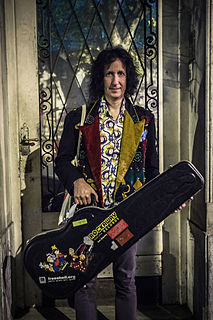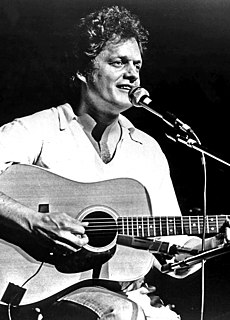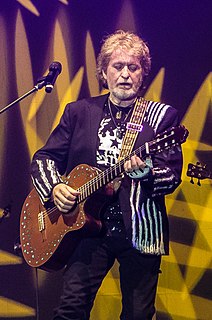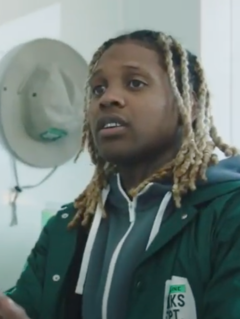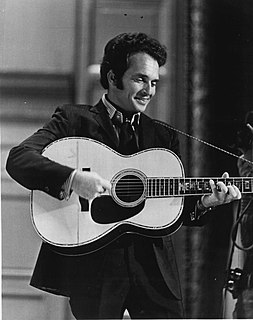A Quote by Eric Nam
I would be criticized, like, 'You don't talk Korean enough. You sound very American. You sound very white in your music.' And I'm like, 'Whoa.'
Related Quotes
I definitely prefer things to be dark, I definitely prefer things to not be particularly obvious. I like a lot of mystery in music, and I like it when things don't sound just like what they sound like always. But at the same time I like everything to sound very earnest and honest. So I don't really think that I have a definite stamp, but if people see that, that's awesome.
My music doesn't really sound like punk music, it's acoustic. And it doesn't really sound like folk music 'cause I'm thrashing too hard and emoting a little too much for the sort of introspective, respectful, sort-of folk genre thing. I'm really into punk and folk as music that comes out of communities and is very genuine and very immediate and not commercial.
Think of the sound you make when you let go after holding your breath for a very, very long time. Think of the gladdest sound you know: the sound of dawn on the first day of spring break, the sound of a bottle of Coke opening, the sound of a crowd cheering in your ears because you're coming down to the last part of a race--and you're ahead. Think of the sound of water over stones in a cold stream, and the sound of wind through green trees on a late May afternoon in Central Park. Think of the sound of a bus coming into the station carrying someone you love. Then put all those together.
When we sit in meditation and hear a sound, we think, 'Oh, that sound's bothering me.' If we see it like this, we suffer. But if we investigate a little deeper, we see that the sound is simply sound. If we understand like this, then there's nothing more to it. We leave it be. The sound is just sound, why should you go and grab it? You see that actually it was you who went out and disturbed the sound.
There's two or three kids out there trying to make good music, and the rest of them sound like it's been strained through some kind of white toast or something. It all sounds just too neat and perfect, with no surprise to it at all. No story, no nothing. It's like building cars, like an assembly line. It doesn't sound like anything that came from a guitar.

